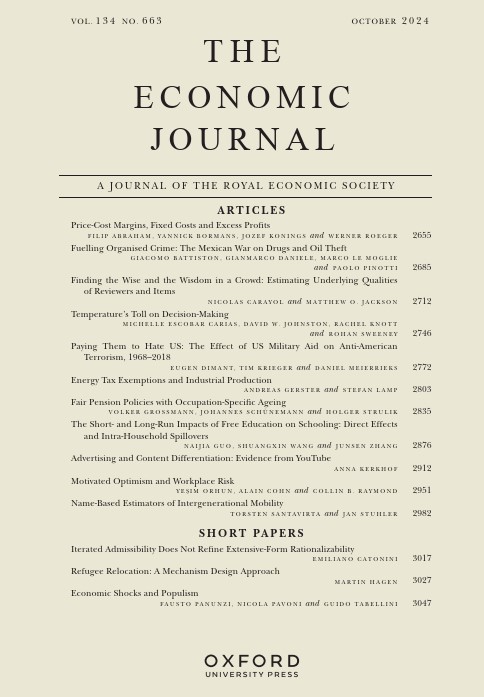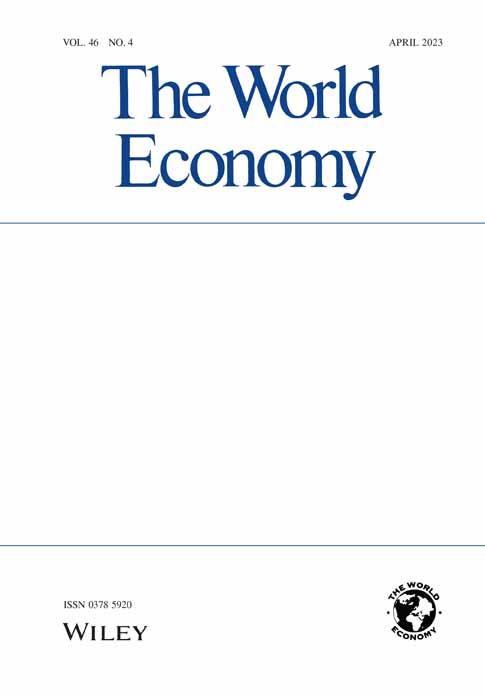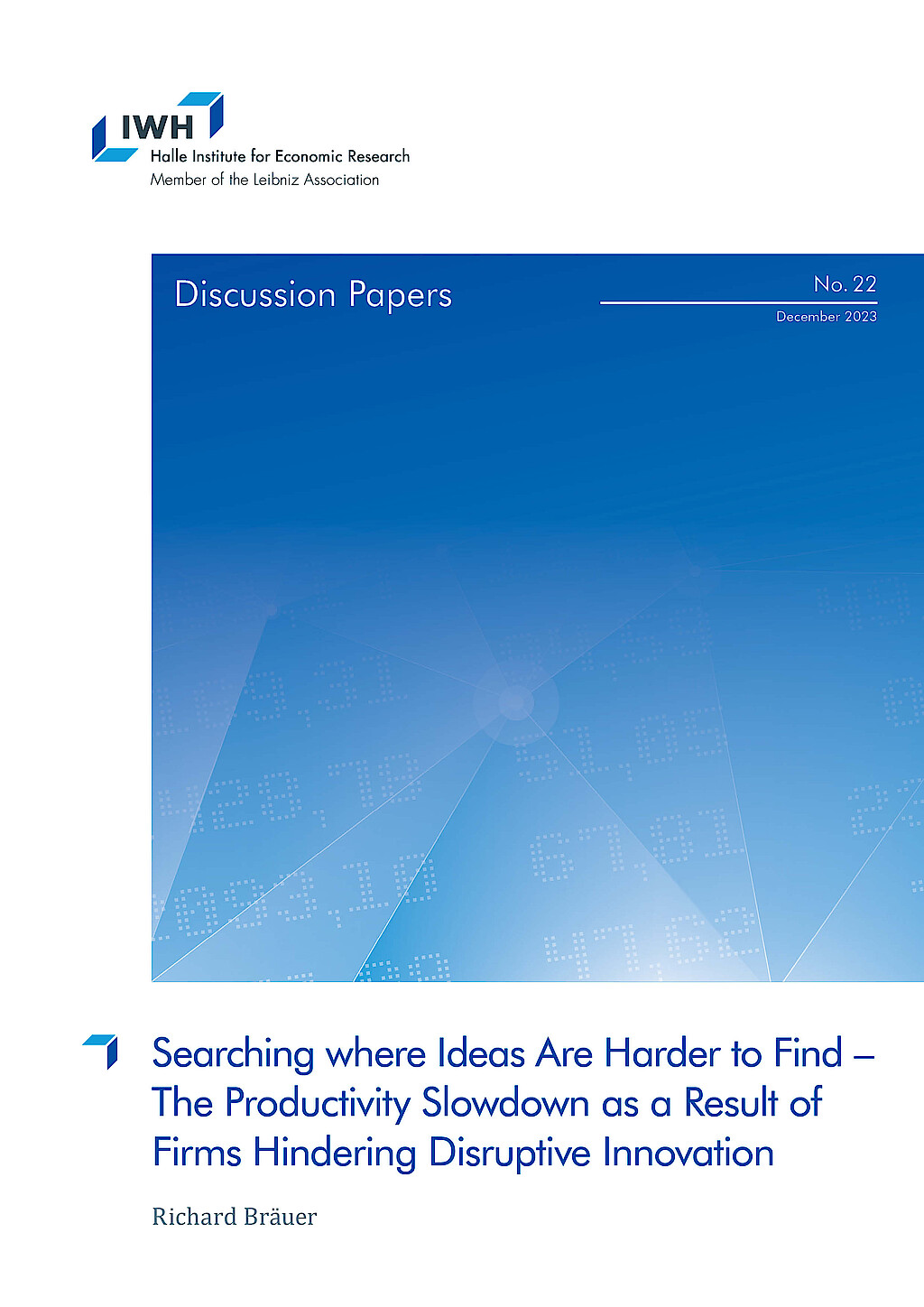Richard Bräuer, Ph.D.

Aktuelle Position
seit 5/25
Research Affiliate
Leibniz-Institut für Wirtschaftsforschung Halle (IWH)
seit 5/25
Wissenschaftlicher Mitarbeiter
Leibniz-Institut für Ost- und Südosteuropaforschung
Forschungsschwerpunkte
- angewandte Mikroökonometrie
- Firmenproduktivität
- Innovation
Richard Bräuer ist seit Mai 2025 Research Affiliate am IWH. Seine Forschungsschwerpunkte liegen in den Bereichen Innovation und Firmenproduktivität und deren gesamtwirtschaftlichen Auswirkungen.
Richard Bräuer ist wissenschaftlicher Mitarbeiter am Leibniz-Institut für Ost- und Südosteuropaforschung. Er hat sein Studium der Volkswirtschaft und der Geschichte an der Ludwig-Maximilians-Universität München abgeschlossen und promovierte an der Vrije Universiteit Amsterdam. Bis April 2025 war er wissenschaftlicher Mitarbeiter in der Abteilung Strukturwandel und Produktivität am IWH.







